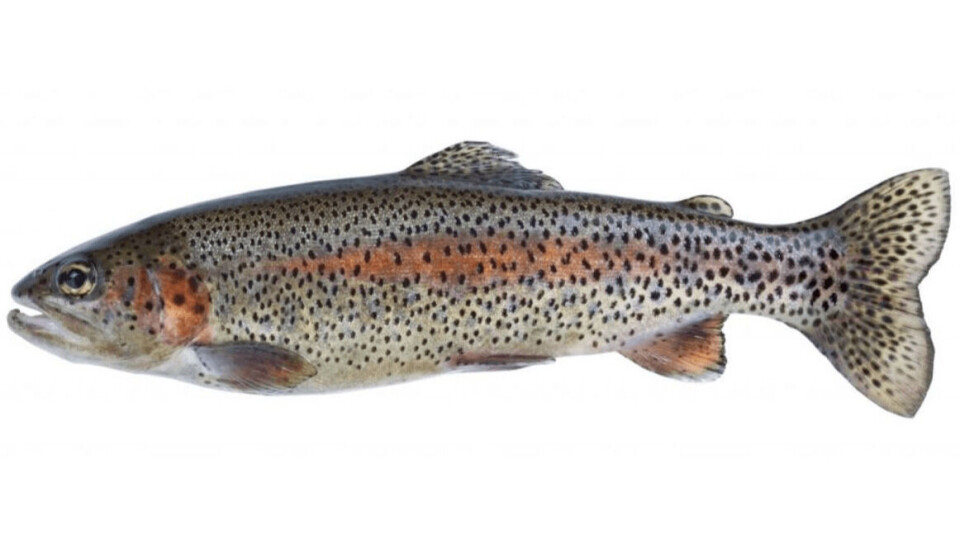
NGOs challenge Cooke trout farming plans
Canadian fish farmer Cooke Aquaculture’s plans to switch from rearing Atlantic salmon to trout in Washington state in the Pacific North West of the United States are being challenged in court.
Four non-governmental organisations are behind the legal action.
They are seeking a judicial review of the decision by the Washington Department of Fish and Wildlife (WDFW) to grant Cooke permission to farm all-female, sterile rainbow trout – known locally as steelhead - in Puget Sound.
Cypress Island
Cooke applied to raise rainbow trout, which are native to the US west coast, in January 2019 after Washington state legislators decided to phase out the farming of non-native fish including Atlantic salmon in open net pens by 2022. That decision followed an escape of around 250,000 Atlantic salmon from a Cooke farm at Cypress Island in Puget Sound in August 2017.
Cooke announced last month that after a year of extensive scientific review and public input, the WDFW had approved its application to farm native trout at its Washington sites instead. The project is part of a joint venture with the Jamestown S’Klallam Tribe to rear sablefish (black cod) and rainbow trout.
But the NGOs - Wild Fish Conservancy (WFC), and the Center for Food Safety, the Center for Biological Diversity and Friends of the Earth – yesterday applied for a judicial review of the WDFW’s decision.
Impact statement
Their lawyers argue that the WDFW violated the State Environmental Policy Act (SEPA) by granting Cooke an aquaculture permit for trout without first preparing an environmental impact statement, despite extensive concerns raised by the Washington Department of Natural Resources, several Puget Sound Treaty Tribes, and numerous organisations and individuals.
“Rather than conduct a robust, current, and accurate impacts analysis, WDFW largely relied on stale information from a programmatic environmental impact statement for fish culture in net pens from January 1990,” the petition for judicial review states.
WDFW deputy director Amy Windrope told Fish Farming Expert: “Our determination was made through a careful review of the current science and included approximately 150 reference documents. We did refer to the 1990 Environmental Impact statement, but it was not the basis of our decision. Essentially, we found that switching from non-native Atlantic salmon to native, all-female, sterile (triploid) rainbow trout/steelhead in existing net-pen in facilities in Puget Sound would not pose probable significant adverse environmental impacts and wouldn’t meet the threshold for determining significance under the Washington State Environmental Policy Act (SEPA).”
Cooke is not making comment on the case.
Legal settlement
Late last year Cooke agreed to pay $2.75 million in legal fees and funding for restoration projects in Puget Sound to settle a court case brought by WFC, one of the NGOs objecting to its current plans
The group initiated legal action under the US Clean Water Act about a week after the collapse of Cooke’s farm at Cypress Island.
About $1.6m from the settlement was due to pay the WCF’s legal fees. The other $1.15m was earmaked for the Rose Foundation for Communities and the Environment, an Oakland, California-based non-profit organisation, for projects to improve Puget Sound water quality and aquatic habitat.























































